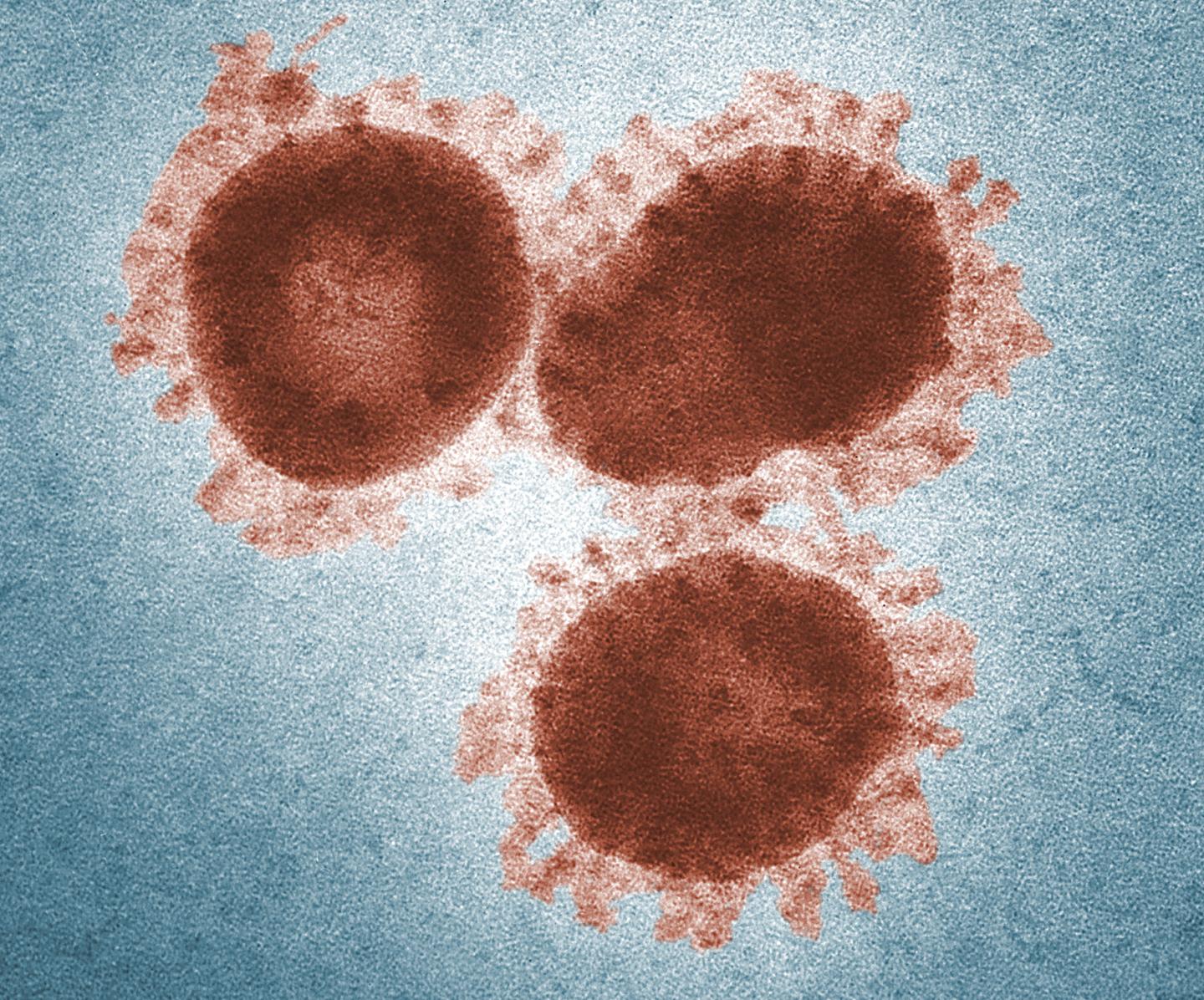
[ad_1]
Researchers at the Francis Crick Institute and University College London have found that certain antibodies, created by the immune system during infection with the common cold coronaviruses, can also affect SARS-CoV-2 and may confer a degree of protection against the new viral strain.

In response to infection with a virus, the immune system creates antibodies to fight it. These antibodies remain in the blood for a period after infection and, in case of reinfection, are able to fight the virus again.
In their article, published in Science On Friday, scientists found that some people, particularly children, have reactive antibodies to SARS-CoV-2 in their blood, despite never having been infected with the virus. These antibodies are likely the result of exposure to other coronaviruses, which cause a common cold and which have structural similarities to SARS-CoV-2.
Researchers made this discovery while developing highly sensitive antibody tests for COVID-19. To see how their analysis tests performed, they compared the blood of patients with COVID-19 with patients who had not had the disease. Surprisingly, they found that some people who had not been exposed to SARS-CoV-2 had antibodies in their blood that would have recognized the virus. To confirm their findings, they analyzed over 300 blood samples collected before the pandemic, between 2011 and 2018.
Almost all of the samples had antibodies that reacted with the common cold coronaviruses, which was expected given the way everyone was exposed to these viruses at some point in their life. However, a small fraction of adult donors, around 1 in 20, also had antibodies that cross-reacted with SARS-CoV-2 and this was not due to recent infection with a common cold coronavirus.
Americans get an estimated one billion colds every year
In particular, such cross-reactive antibodies have been found much more frequently in blood samples taken from children between the ages of 6 and 16.
Kevin Ng, lead author and postgraduate student at Crick’s Retroviral Immunology Laboratory, says, “Our results show that children are much more likely to have these cross-reactive antibodies than adults. More research is needed to understand why this is, but it may be because children are more regularly exposed to other coronaviruses.
These higher levels we have seen in children could also help explain why they are less likely to get seriously ill with COVID-19. There is still no evidence, however, that these antibodies prevent SARS-CoV-2 infection or spread. “
In the lab, the researchers tested the antibodies they found in the blood of uninfected people to confirm that they are capable of neutralizing SARS-CoV-2. They found that cross-reactive antibodies target the S2 subunit of the spike protein on the surface of the virus.
George Kassiotis, senior author and group leader of the Retroviral Immunology Laboratory at Crick, says, “The peak of this coronavirus consists of two parts or subunits, which do different jobs. The S1 subunit allows the virus to attach itself to cells and is relatively different among coronaviruses, while the S2 subunit lets the virus into cells and is more similar between these viruses. Our work shows that the S2 subunit is sufficiently similar between the common cold coronaviruses and SARS-CoV-2 for some antibodies to act against both.
“Previously it was thought that only antibodies to S1 could block infection, but now there is good evidence that some antibodies to S2 can be just as effective. This is exciting as understanding the basics of this activity could lead to vaccines that work against a range of coronaviruses, including common cold strains, as well as SARS-CoV-2 and any future pandemic strains.
“But it is important to point out that there are still many unknowns that require further research. For example, exactly how is immunity to one coronavirus changed from exposure to another? Or why does this activity decrease with age? It is not true that people who have recently had a cold should think they are immune to COVID-19. “
A large study is currently underway, in collaboration with researchers at Imperial College London and University College London, to find out the role that different antibodies and other immune defenses play in protecting against COVID-19 and how severely they are. make people sick.
Can the common cold infect the fetus? Tulane’s research suggests it might
Human “common cold” virus kills healthy chimpanzees
Zinc tablets did not shorten the duration of colds: study
Lack of sleep linked to increased colds: study
Source link